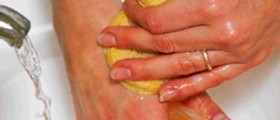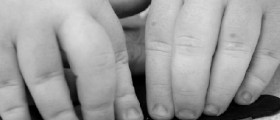
Even though Tourette's syndrome (TS) is a chronic disorder which is the long-term outcome is usually favorable.
The underlying pathology behind the condition has yet to be confirmed, but evidence shows that the disorder is localized to the frontal-subcortical neural pathways.
It was once believed to be a fairly rare condition, but it is now known as a common disorder that represents the most complex and severe manifestation of the spectrum of disorders.
Some people that have TS will not need medication for it, but then again, some will. It is most important to get a good diagnosis before taking any kind of medication. With a good diagnosis comes a better understanding of the person’s condition and ensuing behaviour.
If the diagnosis states that a person has TS and comorbid or another associated condition, then priorities will have to be determined in order to find the right treatment, because it must be decided whether the tics or the mood disorders are most troublesome.
The main medications used for treating TS are Catapres, Tenex and an anti-hypersensitive drug called Clonidine, which is actually a blood pressure medication.
People who have normal blood pressure as well, however, can take Clonidine. It is available as a tablet or a patch. Tenex is only available in tablet form currently.
Researchers have been exploring the value of nicotine patches and they have shown to be a good supplement for decreasing the amount of tics, but not a sole treatment in any way.
Psychotherapy can also be used as a treatment, because it can help the person cope with the disorder and deal with the social and emotion problems that result from TS. However, psychotherapy does not help to suppress the tics. Family counseling is sometimes recommended to help with the problems related to the social stigma that many TS patients have, especially in more severe cases.
Relaxation techniques are also helpful, because stress can often lead to increasing the tics.
People with TS and their family members should learn about the natural course of the disorder, and know that the tics will most likely decrease as time goes by. With the proper treatment, the tics can be suppressed enough as to not impair life at school or work in any way. Even though the condition is often lifelong and chronic, people with TS can expect to live long and healthy lives, and with the proper treatment, the tics can be suppressed enough to make those long lives as normal as possible.

















Your thoughts on this
Loading...